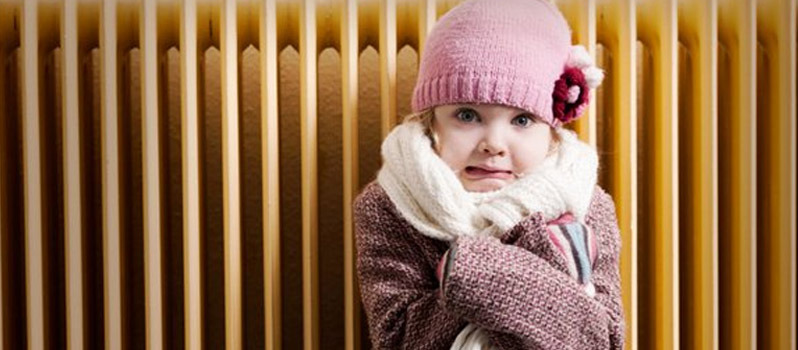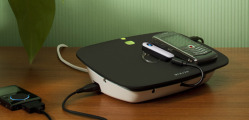When a home’s main heating system is inadequate or too costly to install or operate, one easy and economical solution is space heaters. They are perfect for situations where you only want to heat a single room or add additional heat. Space heaters are also handy to increase the temperature of rooms used by people who are sensitive to the cold, like children and the elderly.
Typical units have capacities ranging between 10,000 Btu and 40,000 Btu per hour, and run on electricity, propane, natural gas, and kerosene. Most space heaters work by convection where air is circulated and heated in a room, but a secondary option is radiant heating. This heating technology directly heats objects and people within their line of sight, and could be a more efficient choice if use will be limited to a single room for only few hours at a time. These units can be more economical because you only heat certain objects/areas instead of an entire room and its surroundings.
Safety is a top priority when utilizing space heaters. The U.S. Consumer Product Safety Commission estimates that more than 25,000 residential fires are started each year as a result of space heaters. In addition, an estimated 6,000 people receive hospital emergency room care for burn injuries associated with contacting the hot surfaces of room heaters.
When buying and installing a small space heater, follow these guidelines:
- Only purchase newer model heaters that have all of the current safety features. Make sure the heater carries the Underwriter’s Laboratory (UL) label.
- Avoid energy waste of overheating a room by choosing a thermostatically controlled heater.
- Select an appropriately sized heater for your home application. Check each unit’s general sizing table and recommendations.
- Locate the heater on a level surface away from foot traffic, children, and pets.
Electric space heaters are generally more expensive to operate than combustion space heaters, but they are the safe to operate inside your home. Note that they still pose hazards for burns and fires. Plug electric heaters directly into a wall outlet. If an extension cord is necessary, make sure to use a 14-gauge wire or larger, and find the shortest possible length. If possible purchase a unit that has a tip-over safety switch that will automatically turn off the heater if the unit is tipped over.









Comments are closed.